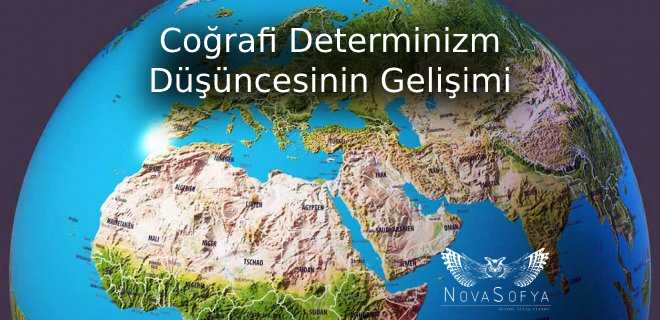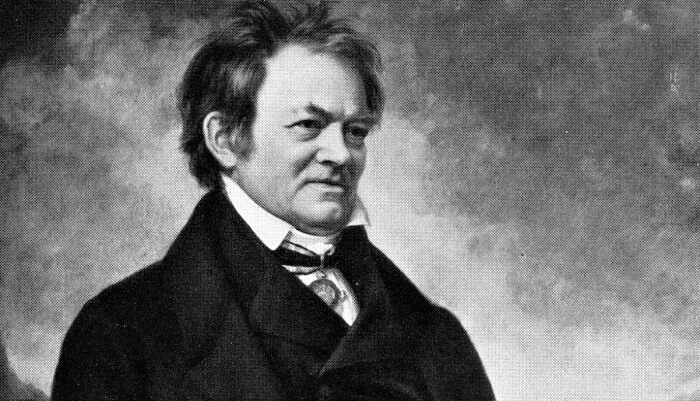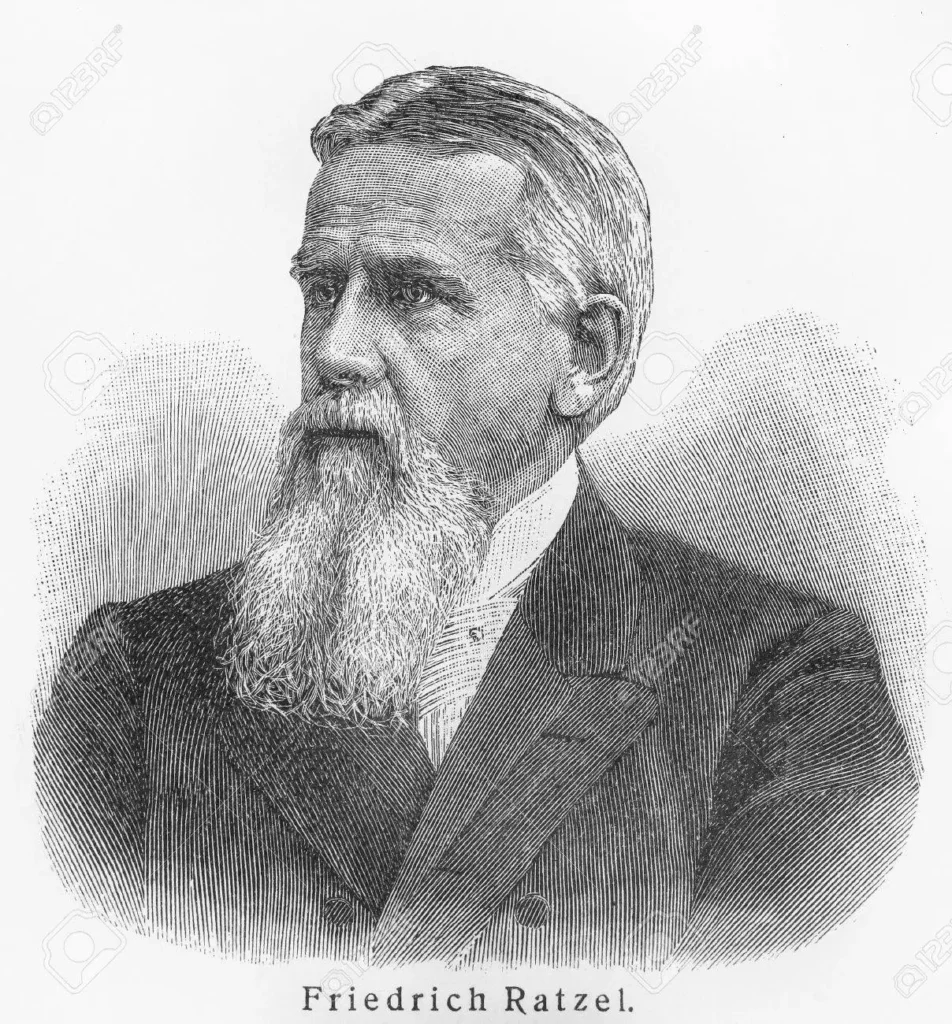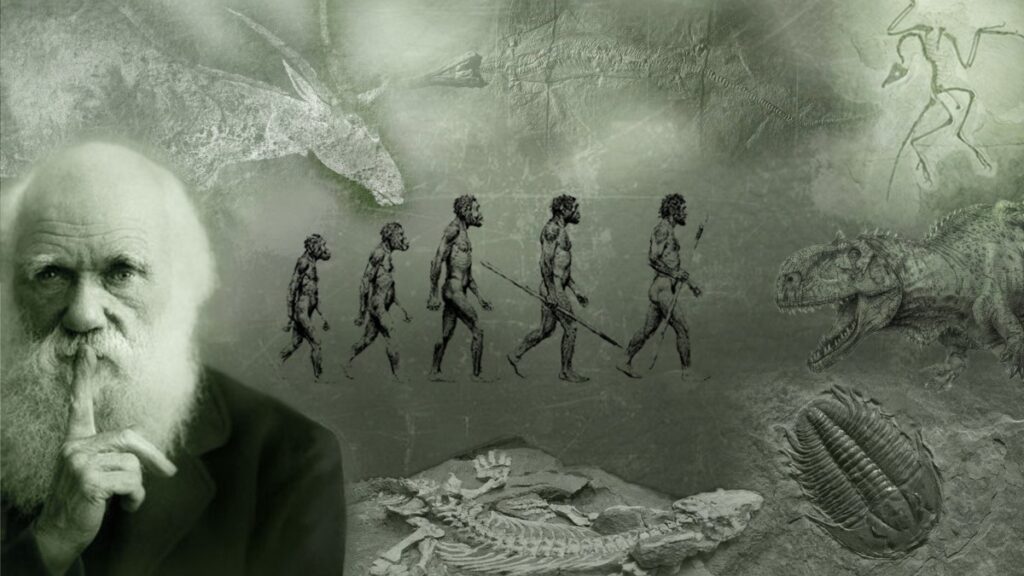The Development of the Idea of Geographical Determinism

Geographical determinism is the one that proposes that human behavior is determined by environmental factors and 2. It is a view that was quite dominant until World War II. The Greek and Roman philosophers were the first to claim that humans were shaped by natural conditions. Xenophon and Thucydides, when they mentioned the characteristics of Athens, wrote that it was influenced by the natural conditions and the geographical structure of the region. Strabo described Rome in a similar way. Aristotle suggested that the difference between Europeans and Asians was due to climatic differences. According to him, due to the harsh geographical conditions, Europe created the model of courageous people; The model of the brave man did not emerge in Asia. However, according to him, Asian people had superior thinking abilities and talents in art. The ancient Greek world, on the other hand, produced people who bestowed good qualities due to their moderate position.

From Strabo to Montesquieu, the view prevailed that cold climates created courageous people and warm climates created cunning people. Arab geographers also went to the way of classification in terms of the effects of geography on people and society. For example, Al-Jahaz wrote that the skin color of people and animals like Ibn Khaldun was different because of water, soil and temperature. He pointed out the virtues of Turks and Arabs. He claimed that the physical environment influenced non-physical factors. Immanuel Kant also suggested that people’s personal characteristics are caused by environmental factors.
Montesquieu, the leading thinker of the XVIII century, was influential in bringing geographical determinism to the forefront. According to him, there are certain things that govern man. These; religion, laws, customs, the past identity of society, the environment, etc. The most basic element of the environment, which is the determinant of the society, is the climate in which that society lives. Climate determines the temperament of individuals in society, their morality, the degree of adaptation of the individual to society. The climate that governs man constitutes the nature of management. The element that constitutes the administration is the society, that is, the human being. Climate affects human temperament and, indirectly, governance and laws. In this respect, it gives them physiological features that will enable them to have common behavior patterns. The physical characteristics and temperament acquired due to the effects of climate and landforms vary for people living in different climates. Societies in different climatic zones in terms of forming the nature of management; they are governed by different laws, by different forms of government. Since the characteristics of each society are different, their management is also unique.
According to Montesquieu, the first law regulating the relationship between nature and society was the laws of nature. As an example of the shaping of man according to his geography, Montesquieu mentions the physiology of people living in cold climates. According to the author, the cold climate ensures the tension of the fibers in the human body. The fact that their fibers are strong due to this tension allows them to easily digest even foods that are difficult to digest. Another consequence of the tension of the fibers is to facilitate the flow of blood to the heart. This condition, which regulates blood flow, causes the heart to function better and the fluids in the body to be more balanced, and their bodies become vigorous under the influence of cold. Because of this, communities living in cold regions are usually strong. As a result of being strong, they become brave, confident and therefore do not need to resort to deception.
Hot climates, by contrast, make the ends of the fibers flexible. This reduces the strength and resilience of communities living in these climates. They are timid due to their low strength. This conclusion is based on the fact that the people living in the northern part are braver and stronger than the people living in the south by looking at the past wars. In addition, it is difficult for the people of this region to digest heavy foods as a result of the flexibility in the fiber structure.
There is a difference in their indulgence in this pleasure and enjoyment, as well as in their resistance to pain In hot climatic regions, the human body falls sluggish because the temperature is seriously too high. This state of weakness and fatigue affects the souls of the people in this region. This state of mind leaves no desire or effort, nor a state of courage and courage in the inhabitants of that region. As a result, they seem to have become passive in their actions. They are happy in their passive state. It is seen that they do not take risks in order not to shake their current happy state.

In the nineteenth century, the anthropologist Carl Ritter (1779-1859) put forward the anthropological form of geographical determinism. In his 1817 Science of the Earth, Carl Ritter sees the world as a design of God. According to him, the main purpose of geography is to reveal the interaction between man and nature. In his work, he aimed to see the relationship between the history of human beings and the ground they live on. Thus, Ritter argues that the characteristics of humanity and man are elements that make up part of the Earth organism, and that all the parts in it are interconnected in this way. Although he was not exactly an advocate of geographical determinism, he emphasized the effects of human geographical conditions on human development. An example of this is his claim about the physiology of the Turkmens. According to Ritter, the fact that Turkmens have small and slanting eyes and bulging eyelids is a clear effect of desert conditions on the organism
Another scientist who can be described as a geographically determinist relative to Ritter was Friedrich Ratzel (1844-1904). The determinism movement gained great momentum with his studies in the field of geography. In his two-volume work Antropogeographie, he revealed the effect of the physical environment on man. Ratzel, who examined the way people formed groups on earth, the distribution of these groups on the earth and their migrations, left aside genetic formations and considered human beings depending on the external environment. Ratzel, who sees man as a product of the physical environment and a living being who lives under the influence of nature, believes that man can be successful in the struggle for life as long as he submits to the rules of the physical environment.

In his Politische Geographie, in which he openly defended the view of environmental determinism, Ratzel drew attention to the relationship between the environment and political units. In this work, Ratzel treated the state as a living organism. According to the view known as the Organic State Theory, the state is born, develops, ages and dies like a living thing. Thus, Ratzel saw it necessary to gain new areas for states to develop and maintain their dominance, and argued that this was due to a biological necessity (Akengin, 2013: 37). In this context, Ratzel saw man as a being who lives according to the laws of the physical environment like other living beings and defended the superiority of the environment over man.

Charles Darwin’s theory of natural selection in The Origin of Species broke new ground in determinism. By explaining how the mechanics of order work in the natural world, Darwin gave humanity a clearer understanding of the workings of the natural world. What was important in Darwin’s hypothesis was that every organism had to adapt to the environmental conditions to which it had to conform and the struggle for existence, otherwise this species would disappear. With this, Darwin essentially linked the human-environment equation to a natural law of science; showed that humanity cannot escape from natural conditions. But Darwin’s significance had less to do with his contributions to environmental determinism than with his claims about biological determinism.



